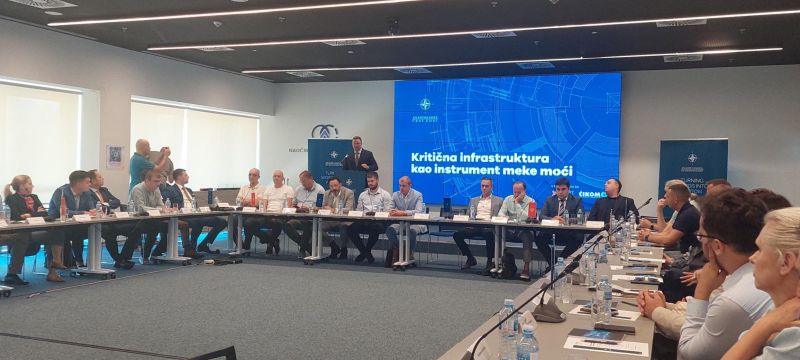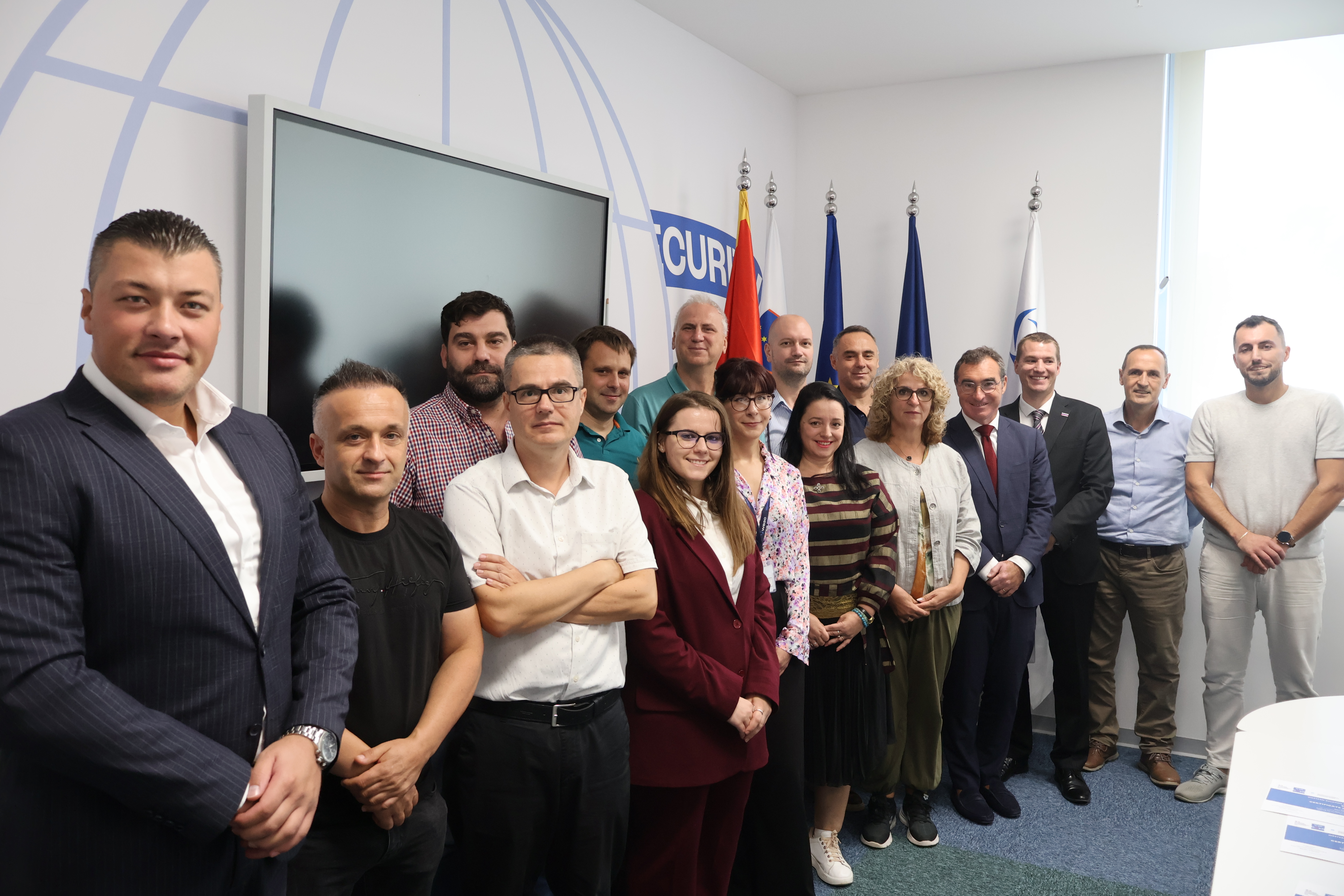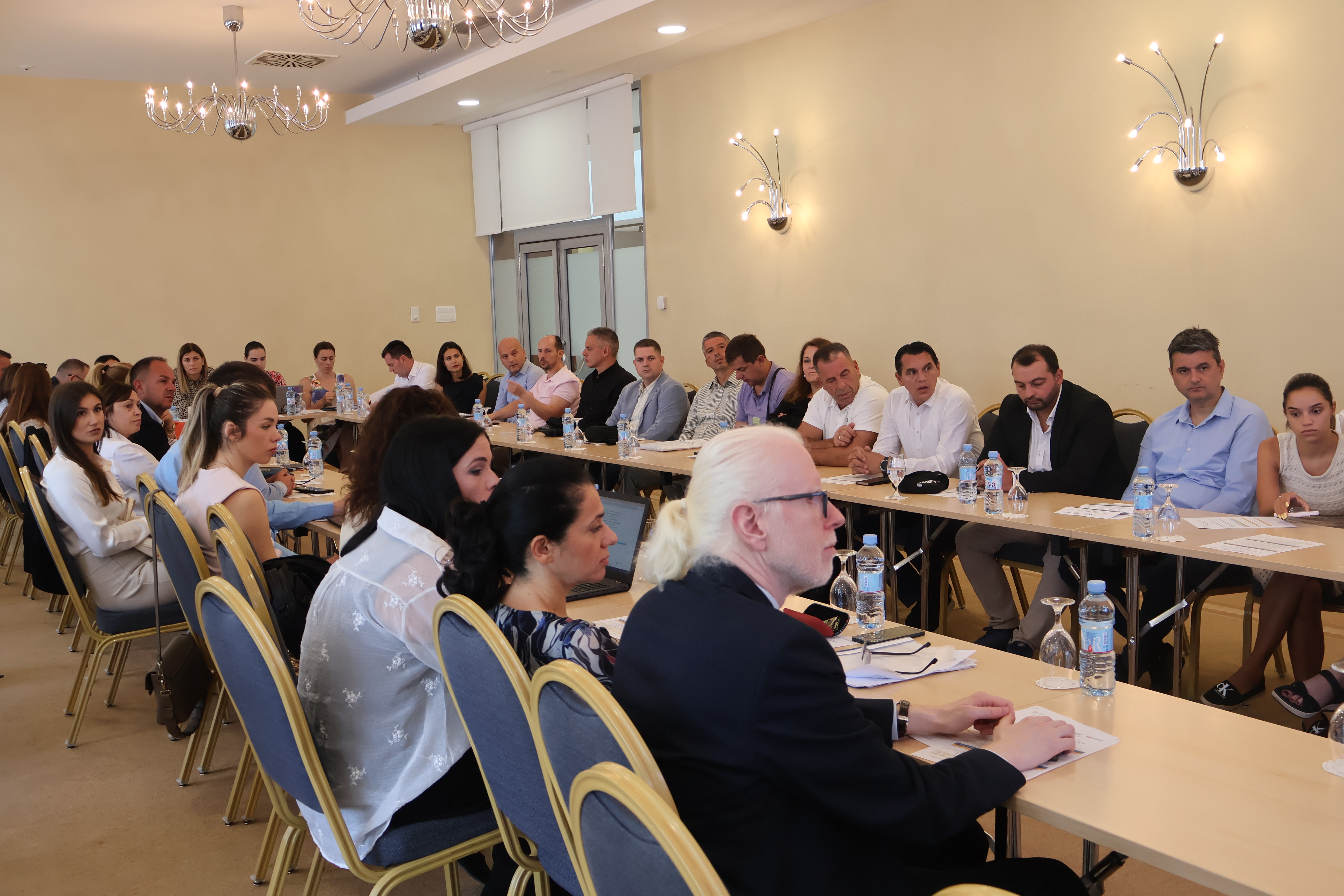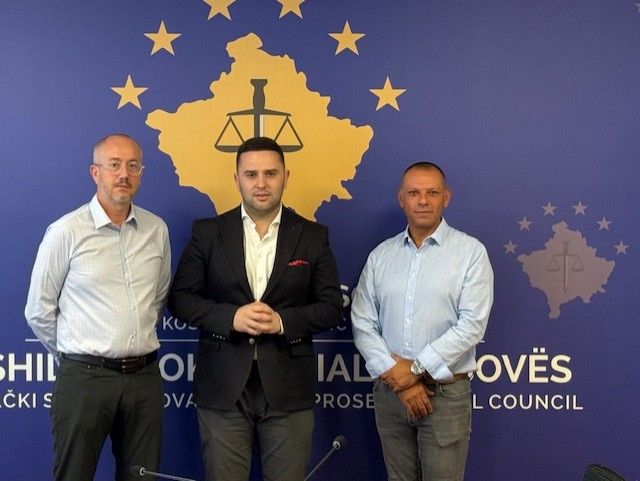Western Balkans Cyber Capacity Centre (WB3C) took part in a round table on “Critical Infrastructure as an Instrument of Soft Power” yesterday, organized by the NATO Council of Montenegro at the Science and Technology Park. The event gathered experts from government, academia, the private sector, and civil society to reflect on the political and strategic importance of critical infrastructure (CI) in national security and stability.
Opening remarks by Dr. Savo Kentera (President, Atlantic Council of Montenegro) and Prof. Dr. Zoran Keković (Director, Centre for Critical Infrastructure Resilience, Atlantic Council of Montenegro) set the tone by underlining that CI is more than a technical matter – it is a cornerstone of sovereignty and a geopolitical issue.
Key themes included:
-New regulatory framework – Montenegro’s new Information Security Law, aligned with NIS2, mandates key and important CI entities to be ISO 27001 certified. Implementation of the new regulatory framework presents a big challenge and it requires a multi-disciplinary approach and involvement of all actors.
-Prof. Keković outlined three major risks for CI: 1) disruption of goods and services, 2) vulnerability due to state dependence on infrastructure, and 3) soft power – those who control CI can project their power in different ways.
Sectoral perspectives: Contributions came from @Dušan Polović (Ministry of Public Administration), Ljuban Tmušić (Directorate for Protection and Rescue, Ministry of Interior), Ivan Stanković (Čikom), Saša Šćekić (Central Bank of Montenegro).
Representing WB3C, Vanja Madzgalj MBE presented the Centre’s progress toward becoming an international organization and announced that our Centre is already working on capacity building for critical infrastructure with two focused courses in September, developed with Urad Vlade Republike Slovenije za informacijsko varnost (URSIV) on 9-11 Sep and International Telecommunication Union (ITU) on 22-26 Sep, both aimed at IT professionals in CI entities. Towards the end of the year, we will also offer a simulation exercises for CI and will extend our current cooperation with Čikom.
The round table also offered an opportunity to expand networks and explore future collaboration. Head of WB3C Gilles Schwoerer spoke with Savo Kentera about strong joint interest in strengthening CI in Montenegro and across the region. He also met with representatives of the health and maritime sectors who also constitute important pillars of CI. The conclusion of this discussion assured us that taking a sectoral approach is key to advancing critical infrastructure protection. By engaging each sector individually - energy, transport, finance, ICT, health and others, WB3C and its partners can address specific challenges, tailor training and exercises to operational realities, and ensure that solutions are both practical and sustainable.






